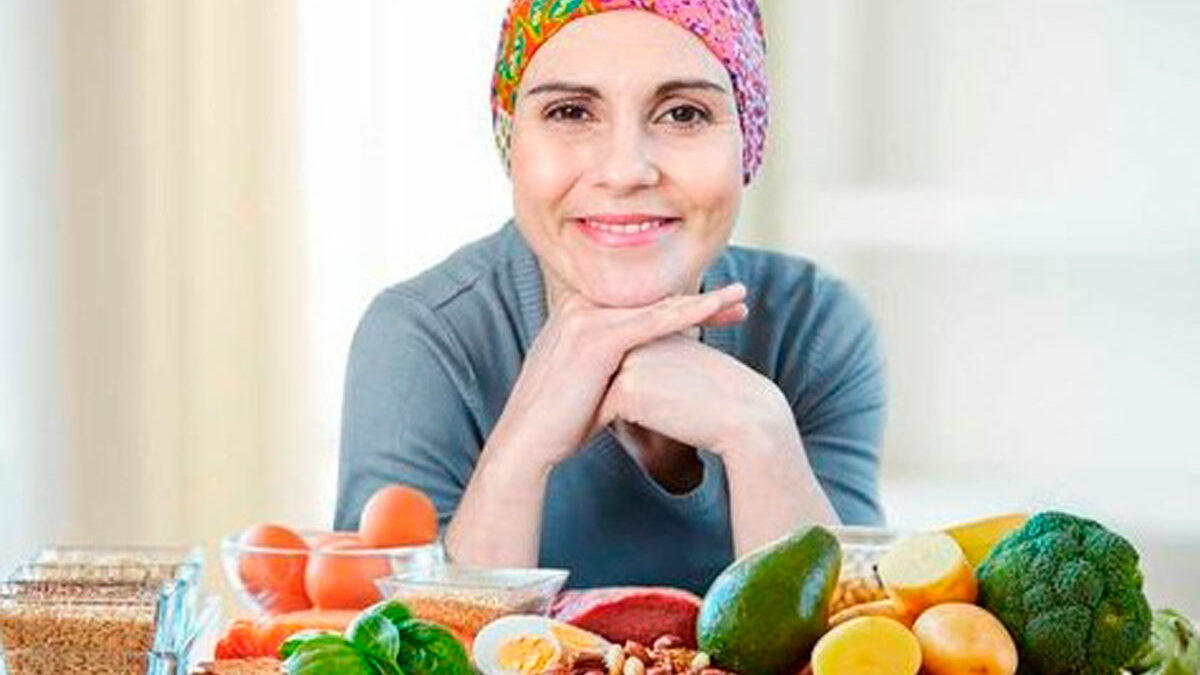
Cancer and Diet 101: How What You Eat Can Influence Cancer
Introduction
Cancer is a complex disease that affects millions of people worldwide. While many factors contribute to the development and progression of cancer, including genetics and environmental exposures, emerging research suggests that diet plays a significant role in influencing cancer risk. In this comprehensive guide, we will explore the relationship between cancer and diet, understanding the impact of specific dietary components, and provide practical tips for adopting a cancer-preventive diet.
Understanding the Link between Diet and Cancer
Numerous studies have shown that certain dietary patterns can either increase or decrease the risk of developing various types of cancer. The key is to focus on a balanced and nutrient-rich diet that includes a variety of fruits, vegetables, whole grains, lean proteins, and healthy fats. It is important to note that diet alone cannot guarantee the prevention of cancer, but it can significantly reduce the risk and support overall health.
The Role of Macronutrients in Cancer Prevention
- Carbohydrates: Choose complex carbohydrates over refined ones. Whole grains, legumes, and fruits are excellent sources of fiber, vitamins, minerals, and phytochemicals that have been linked to a lower risk of cancer.
- Proteins: Include lean protein sources like poultry, fish, beans, and tofu in your diet. Avoid excessive consumption of processed meats, which have been associated with an increased risk of certain cancers.
- Fats: Opt for healthy fats found in foods such as avocados, nuts, seeds, and olive oil. Minimize saturated and trans fats, commonly found in fried and processed foods, as they have been linked to an increased risk of certain cancers.
The Power of Fruits and Vegetables
Fruits and vegetables are rich in antioxidants, vitamins, minerals, and fiber, making them essential for a cancer-preventive diet. Aim for a variety of colorful fruits and vegetables, as different colors indicate the presence of different phytochemicals with unique cancer-fighting properties. Cruciferous vegetables, such as broccoli, cabbage, and cauliflower, contain compounds that have shown potential in inhibiting cancer cell growth.
Whole Grains for Cancer Prevention
Whole grains, such as brown rice, quinoa, whole wheat, and oats, are excellent sources of fiber and other nutrients. High-fiber diets have been associated with a reduced risk of colorectal cancer. Additionally, the phytochemicals present in whole grains have been shown to possess anti-cancer properties.
The Impact of Meat and Processed Foods
Excessive consumption of red and processed meats has been linked to an increased risk of various cancers, particularly colorectal cancer. Processed meats, such as bacon, sausages, and deli meats, often contain additives and preservatives that can be harmful. If you choose to eat meat, opt for lean cuts and limit your consumption. Consider plant-based alternatives, such as beans, lentils, and tofu, as they provide protein without the potential risks associated with red and processed meats.
The Importance of Healthy Beverages
Sugar-sweetened beverages and excessive alcohol consumption have been associated with an increased risk of certain cancers. Opt for water, herbal teas, and freshly squeezed juices as healthier alternatives. If you choose to consume alcohol, do so in moderation, adhering to the recommended limits set by health organizations.
Specific Dietary Components and Their Impact
- Phytochemicals: These naturally occurring compounds found in plants have been extensively studied for their potential anti-cancer effects. Include a variety of fruits, vegetables, herbs, and spices in your diet to ensure an adequate intake of phytochemicals.
- Antioxidants: Found in many fruits and vegetables, antioxidants help protect cells from damage caused by free radicals. Berries, leafy greens, and colorful vegetables are excellent sources of antioxidants.
- Omega-3 Fatty Acids: These healthy fats, commonly found in fatty fish like salmon and sardines, have shown promising anti-inflammatory and anti-cancer effects. If you don’t consume fish, consider plant-based sources like flaxseeds, chia seeds, and walnuts.
Practical Tips for a Cancer-Preventive Diet
- Emphasize plant-based foods: Aim for a predominantly plant-based diet by increasing your intake of fruits, vegetables, whole grains, and plant-based proteins.
- Limit processed foods: Minimize the consumption of processed and packaged foods that are often high in unhealthy fats, sugars, and additives.
- Practice portion control: Maintain a healthy weight by practicing portion control and avoiding excessive calorie intake.
- Cook and prepare food healthily: Opt for cooking methods like grilling, baking, or steaming, and avoid deep-frying or charring, as these can produce carcinogenic compounds.
- Stay hydrated: Drink an adequate amount of water throughout the day to support overall health and cellular function.
- Be mindful of food safety: Follow proper food safety practices, such as storing food correctly, washing fruits and vegetables thoroughly, and avoiding cross-contamination.
Conclusion
While there is no magic bullet to prevent cancer, adopting a healthy and balanced diet can significantly reduce the risk and support overall well-being. By incorporating a variety of fruits, vegetables, whole grains, lean proteins, and healthy fats, and minimizing the consumption of processed foods, red meats, and sugary beverages, you can make positive dietary choices that contribute to a cancer-preventive lifestyle. Remember, it is always advisable to consult with a healthcare professional or a registered dietitian for personalized advice based on your specific health needs.
- Flawlss and Lost Mary: Vaping Adventures Explored and Compared - October 9, 2023
- Nutritional Deficiencies (Malnutrition): Symptoms and Treatment - July 18, 2023
- Cancer and Diet 101: How What You Eat Can Influence Cancer - July 18, 2023

